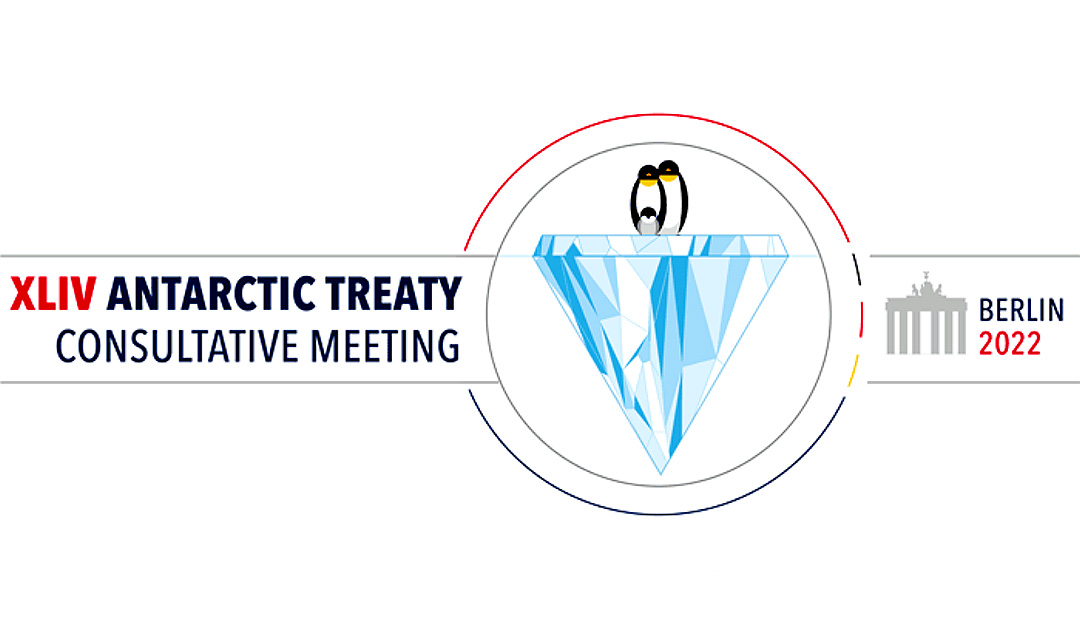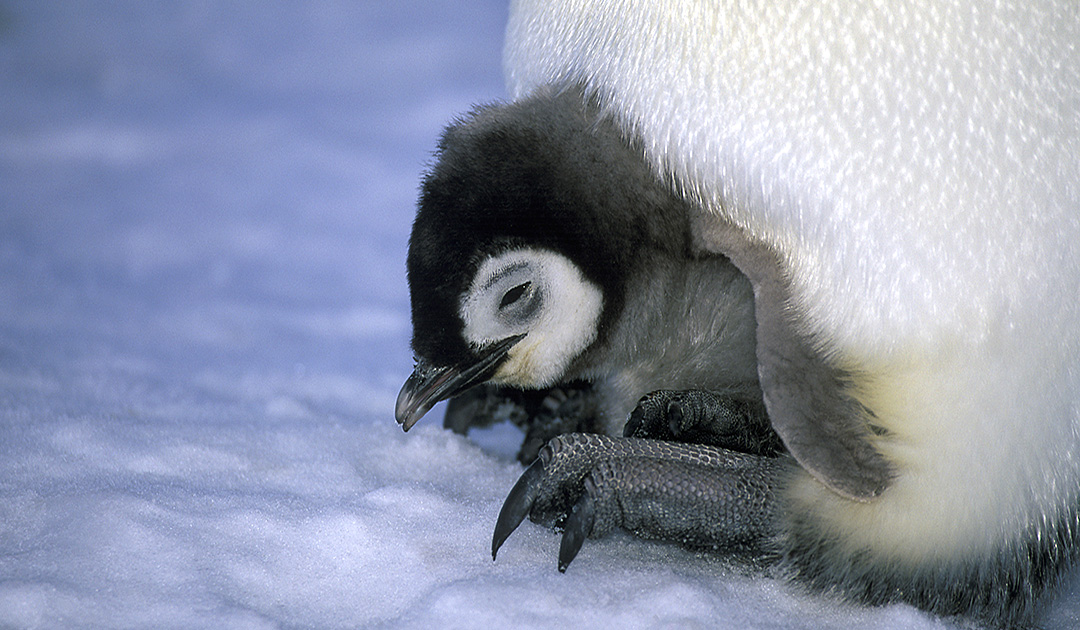
Climate change is also on the rise in Antarctica. Especially along the coasts of the icy continent rapid changes become more apparent. Glaciers are calving more, ice shelves are collapsing, and coastal pack ice is becoming more unstable. It’s right there where emperor penguins are breeding. Ice that melts too quickly prevents emperor penguin chicks from having time to grow strong enough to survive in the water.
At the 44th Annual Consultative Meeting on the Antarctic Treaty, held in Berlin from May 23 to June 2, the protection of emperor penguins was now a topic of discussion. The treaty was signed in 1959 to ensure that the continent remained a reserve of science and free of weapons. Over 400 participants from Antarctic Treaty Parties, observers and experts attended the annual meeting.

At the meeting in Berlin, the majority of countries had spoken in favor of granting special protection status to the world’s largest penguins. An overwhelming majority of the parties felt that there was sufficient scientific evidence to place the species under special protection.
The Antarctic and Southern Ocean Coalition (ASOC), the only environmental group with access to the meeting behind closed doors, said in a statement that “progress on key issues has been impeded.” The “adoption of a climate change action plan and the protection of key species” were among the treaty decisions.
According to ASOC, a proposal by the United Kingdom to designate emperor penguins as a specially protected species was not adopted. This is despite the support of many governments for the well-researched action plan to protect this endangered species.
“ASOC is stunned that such a strong proposal did not pass,” said Executive Director Claire Christian. “The failure of member states to agree to measures to protect Antarctica and its wildlife is completely at odds with the reality of the climate crisis,” said Sascha Müller-Kraenner of Deutsche Umwelthilfe, a German nonprofit group.

“While a formal decision was blocked by one party (China),” it is stated that most countries that had attended the meeting nevertheless planned to take national action to protect emperor penguins.
Chinese officials could not immediately be reached for comment. But delegates attending the meeting, who spoke on condition of anonymity, said Beijing had made clear it wanted more time to consider the impact of improving the penguins’ protected status.
This is not the first time that conservation efforts in Antarctica have been prevented from taking effect by a country’s veto. In recent years, proposals that sought to protect either a region or specific species have repeatedly failed to pass by a “no” vote. However, since resolutions must be adopted unanimously, even one country with a “no” vote can derail possible proposals in any direction.
Heiner Kubny, PolarJournal
More on the topic





